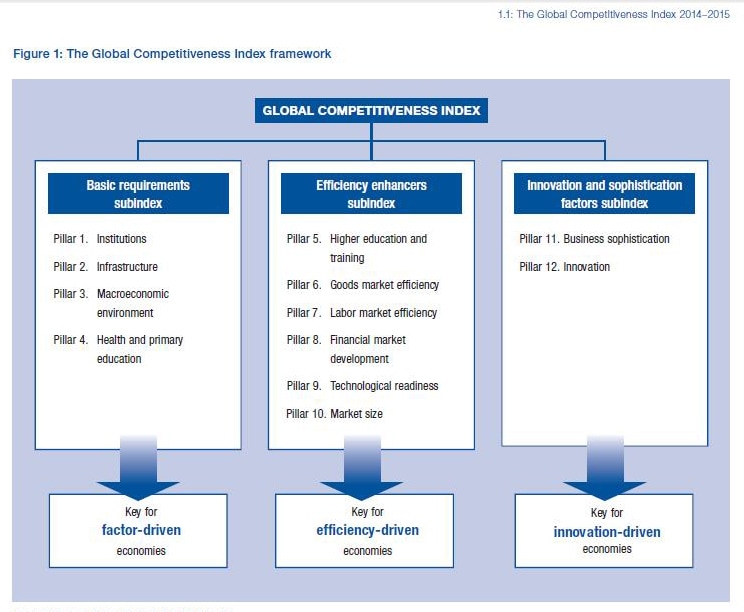There are a number of leadership practices that can sabotage the productivity of your team. Here is a list of three obstacles to productivity and suggestions to overcome them so you can set the stage for improved morale and results:
1. Ineffective communication channels within a team can lead to duplicated efforts, withheld information, or even incorrect application of instructions. Leaders ought to be held accountable to effective communication and open communication channels. This can be achieved through the creation of a sound communication plan designed to ensure the movement of the right information, at the right time, to the appropriate persons.
2. The acronym KUBA stands for Know, Understand, Believe, and Act. It is conceivable that a manager will assign work to an employee and expect that employee to act on his instructions. In other words, the manager expects employees to move from knowledge of the task to action. When this happens, the manager neglects to ascertain if the employee understands the instructions, and if she buys into what is being asked of her. What these managers don’t understand is a lack of understanding or buy in can lead to unnecessary delays or low trust levels.
3. Although teams with low morale can be highly productive when fear is present, in some instances team members can become demotivated and demonstrate the lack of drive. Low morale can lead to the intentional “stretching” of tasks so an activity that should take an hour can take an entire day. Low morale can also lead to inattention to detail, or errors (especially if employees have become apathetic). Measurement of employee engagement and a deliberate strategy to address trust and other engagement gaps is necessary to turn around morale. Morale is a moving target and the culture is a major contributor to morale so there is no quick fix. It takes planning, flexibility, the willingness to listen and heart.
Low morale can also be caused by differences in personality. Personalities either work together or they repulse each other. When personalities repulse each other, this can affect productivity because people tend to shy away from interacting with difficult co-workers. For instance, Jake is a member of a team and he is the nucleus of a very important project. Jake is typically combative and therefore avoided by most of his coworkers, so the project is taking longer than planned.
As you can see, productivity is not only impacted by your skills with organizing and prioritizing, it can be impacted by your corporate culture or climate. Your ability to effectively manage your intra and interpersonal relationships can positively impact your personal productivity and ultimately, your team’s results.
By Yvette Bethel





